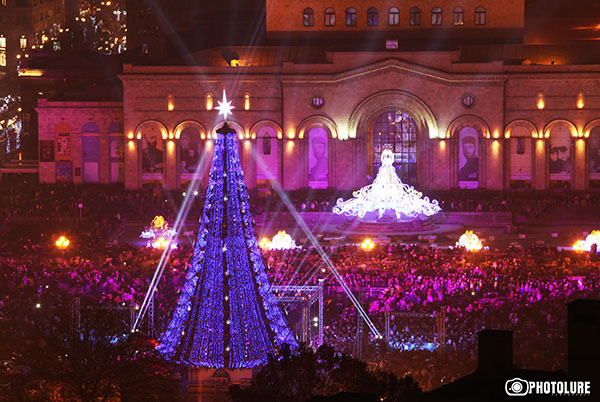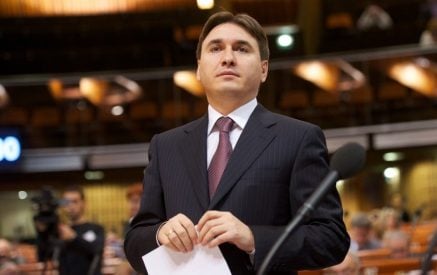The habits of 30-40 years so far prevail the centuries-old traditions
There are issues where we, Armenians, one can say, “are rather Europeans” than they, the modern Europeans. The Christmas Day, as you know, is the case. Before the 4th century, the Christians were celebrating this holiday on January 6. And only afterwards, to break the pagan traditions, Romans moved it to the Day of worshiping the Sun so that the latter be forgotten. Is it worth celebrating the Christmas also on December 25 to look more “advanced”? It seems to me, not. The borrowing from the Europeans adds nothing to our spiritual life and our culture. Just as, for example, throwing the bouquet “backward” during the wedding.
However, there is a tradition in this same aspect that comes from the Soviet times, and which is desirable to change by the example of Europeans. Until the end of the 80s, we (anyway, the majority of the Soviet people) were not celebrating Christmas at all. And now, by the old inertia, New Year holiday is more important for us than the Christmas. All our material and, accordingly, grocery “potential” is spent on the New Year table. Meanwhile, in my opinion, religious holidays are more important in their sense, and in Europe, the emphasis is put just on it by creating a positive mood throughout the whole year.
Interestingly, our nation exists for millennia, and is professing Christianity for 17 centuries out of these millennia, and maximum 30-40 years out of this 17 century was meeting the New Year with the Kremlin clock beats and “Olivier” (“Metropolitan”) salad. But these last few decades have left a greater influence on our psychology than the centuries and the millennia. The reason probably is that there was no state “strengthening” the old traditions, while for the new ones, there was a state (an empire), with the help of which the civilization was coming to our home with intervention of the same Kremlin and the language, respectively.
Read also
Meanwhile, the New Year is just a change of a calendar date, while Christmas is an opportunity “to collect the thoughts,” to think over the spiritual matters, to apologize and forgive. The holidays, I think, are just for this purpose, and this is the best European tradition that we need to remember because this is also our tradition.
Thus, approaching the Christmas holidays, we can slowly-slowly review the worship for food, which has been formed in us since the times of the “Olivier” salad. If the holiday is religious, then the need to overloading the table and prior to it running back and forth to the shops and markets disappears by itself. We do not do so before the Easter holiday, don’t we?
… And in the end, one story that is presented by an Austrian psychologist Viktor Frankl. The Nazi concentration camp, where the scientist had appeared, a typhus epidemic began in the barracks. All were delirious at nights from high temperature, but someone (probably the scientist himself) was using this hyperstrained condition of the brain to restore his work, which the Germans seized it from him before appearing in the camp. In 16 “delirious” nights, he recreated his work on small pieces of papers.
For no reason, it seems to me that this is a Christmas story.
Aram ABRAHAMYAN























































